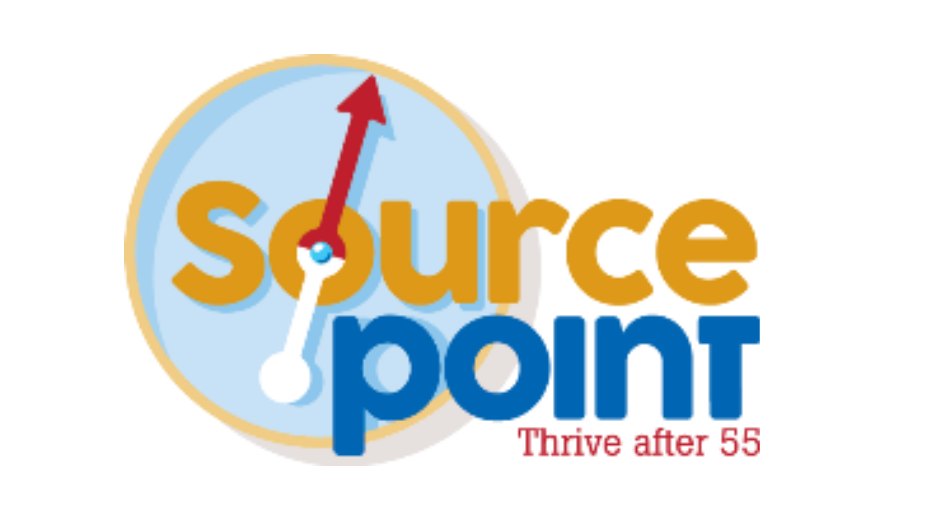Caregiving takes many forms. Many of us help older, sick, or disabled family members and friends every day. We know we’re helping, but we don’t label ourselves “caregivers.” We’re simply doing what we’re supposed to do for our loved ones.
In Ohio, about 1.7 million family caregivers care each year for adult family members and friends with chronic illnesses or conditions that prevent them from handling daily activities on their own. According to AARP, more than 60 percent of caregivers provide care while working outside the home, requiring them to balance caregiving and work responsibilities.
This juggling act can take a toll on our mental, physical, and financial health.
Overall, caregivers who experience the greatest level of stress tend to be female. We put our own health and happiness second for the sake of our loved ones. In turn, that puts us at greater risk for high levels of stress, anxiety, exhaustion, depression, increased alcohol use, chronic conditions, and neglecting our own care.
The first step is looking in the mirror and saying, “I am a caregiver.”
In addition, devoting such time and energy to caring for our loved ones can leave us feeling isolated at work or in our community, unsure of where to go for resources or support.
In Delaware County, there are a number of resources available for family caregivers, including monthly support groups, free classes and workshops, and in-home care services for loved ones ages 55 and older.
Services that improve caregiver depression, anxiety, and anger benefit both the caregiver and the care receiver. According to an AARP study, caregiver support delays or prevents nursing home placement; people with moderate dementia have been able to defer placement by nearly 1.5 years when their caregivers receive services, such as counseling, information, and ongoing support.
The National Family Caregivers Association says that those of us who recognize ourselves as caregivers are more proactive, engaged, and confident. As a result, we’re better equipped to provide quality care, both for our loved ones and ourselves.
The rapid growth of our county’s older population brings with it a growing number of family caregivers. Both the rewards and the risks of caregiving are a reality of daily life for thousands of local families, many of whom struggle to balance family and work responsibilities. The support we need is just around the corner. The first step is looking in the mirror and saying, “I am a caregiver.”
Submitted by Jessica Adams, 2019 caregiver program coordinator at SourcePoint. Learn more at MySourcePoint.org or call 740-363-6677.

